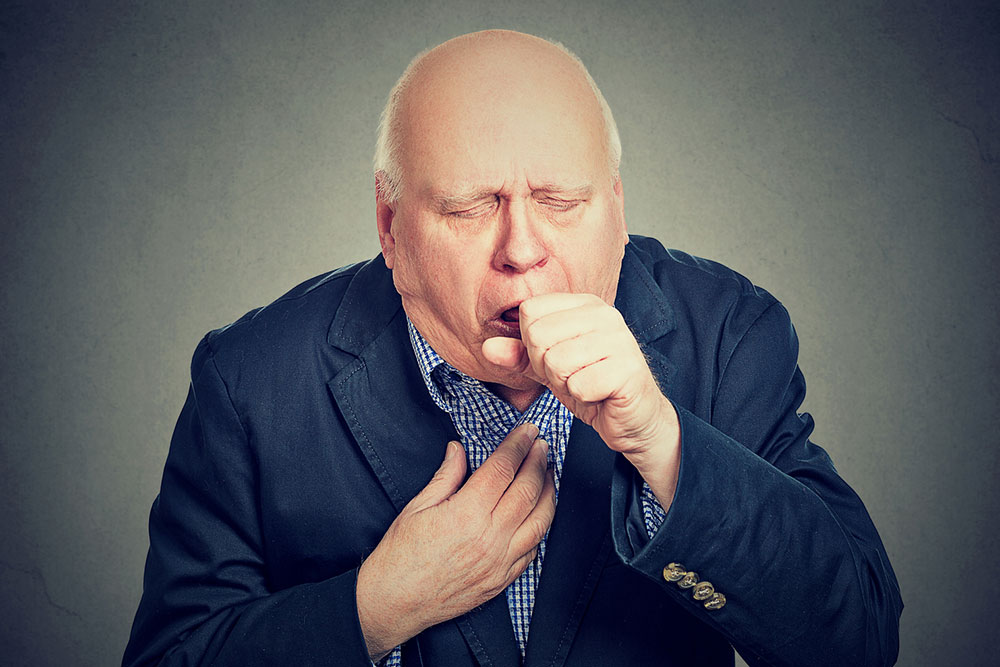Identifying Common Causes of Non-Allergic Asthma
This article explores common causes of non-allergic asthma, including infections, health conditions, medications, weather, and lifestyle factors. It highlights how identifying triggers and proper management can help individuals live healthier lives without relying solely on allergy-related explanations. The piece emphasizes the importance of medical consultation and lifestyle adjustments for effective control and prevention of symptoms.
Identifying Common Causes of Non-Allergic Asthma
Understanding triggers for non-allergic asthma
Non-allergic asthma affects individuals without specific allergies. If you experience asthma-like symptoms but allergy tests return negative, consulting a healthcare specialist is essential. Many believe asthma attacks are solely allergy-related, but in reality, numerous other factors can cause airway inflammation and similar symptoms. Recognizing these triggers is key to effective management.
Illnesses and Infections
Common cold
Sinus, throat infections, Rhinitis
Pneumonia
Flu
After symptoms appear, doctors typically prescribe corticosteroids for about two weeks to treat inflammation. As symptoms subside, medication is gradually discontinued.

Other health conditions that can provoke asthma
Chronic Obstructive Pulmonary Disease (COPD) – COPD shares symptoms with asthma, especially in smokers, and requires inhalers and lifestyle changes like quitting smoking.
Gastroesophageal Reflux Disease (GERD) – Stomach acids entering the esophagus can cause coughing and asthma-like issues. Managing diet, avoiding trigger foods, and not lying down after meals can alleviate symptoms. Medications that reduce acidity are often prescribed.
Allergic bronchopulmonary aspergillosis (ABPA) – Sensitivity to fungi can lead to ABPA, which is treated with corticosteroids and antifungal medications.
Nasal polyps – Growths within the nose caused by sinus inflammation, which heighten sensitivity to allergens and can mimic asthma symptoms. Treatments include nasal sprays or surgical removal.
Obstructive sleep apnea (OSA) – A sleep-related disorder where airway blockage occurs due to relaxed throat muscles, common in overweight individuals. This condition demands prompt treatment.
Medications such as aspirin and other NSAIDs may trigger asthma symptoms. Beta blockers, often used for heart conditions, can also cause issues. Dosage adjustments or alternative medications are usually necessary.
Weather changes, especially sudden exposure to extreme hot or cold air, are frequent asthma triggers. Rain, wind, pollen, and dust displacement can also aggravate symptoms.
Physical activity can cause exercise-induced asthma, with symptoms typically appearing minutes after exercise. With proper medication, active individuals need not avoid physical activity, dispelling a common misconception about asthma. Dietary additives and hormonal shifts during menopause may also provoke symptoms in some individuals.
Managing triggers, consistent medication use, and maintaining a healthy diet are vital for people with asthma to lead normal lives.










